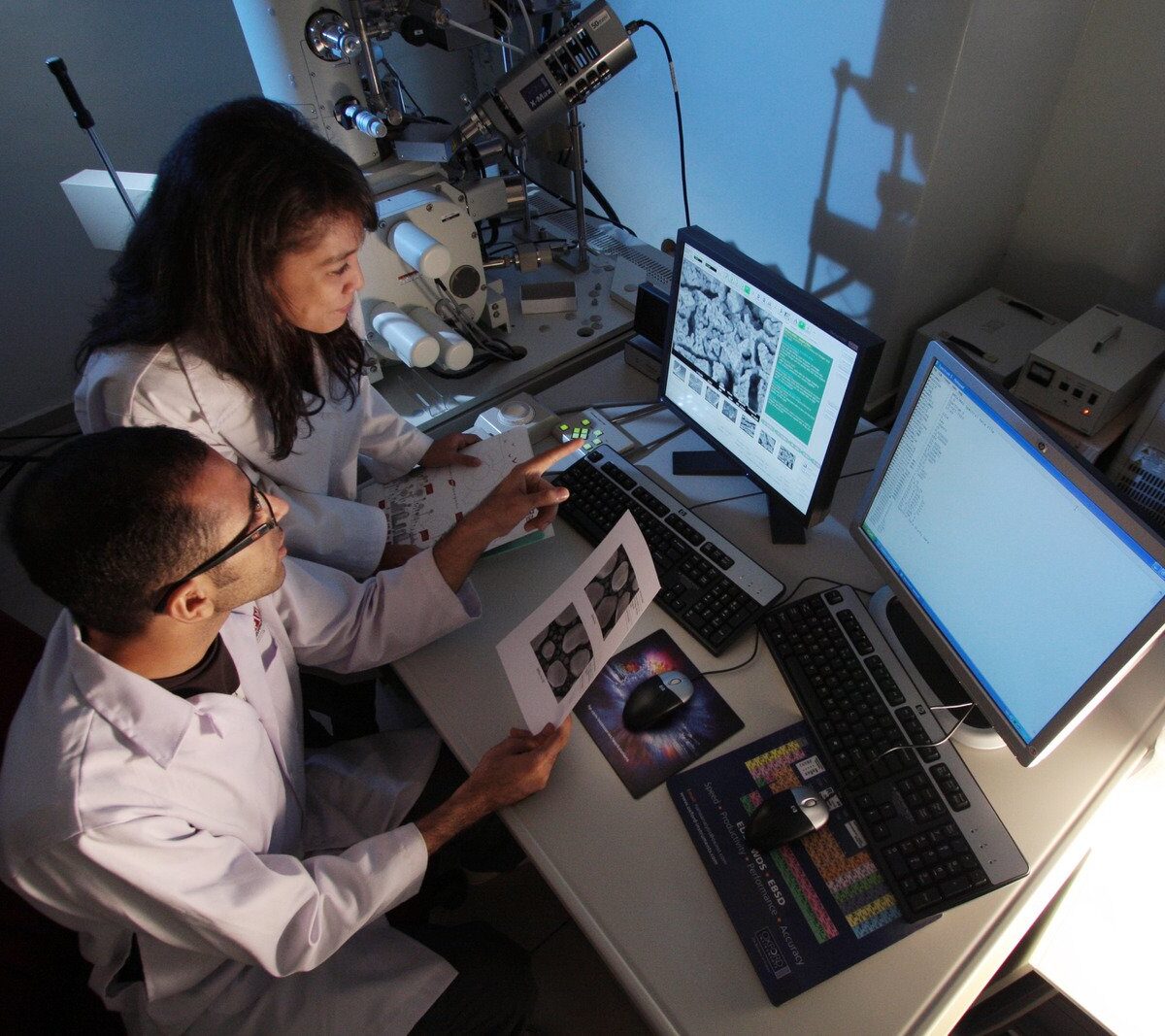Technology is at the forefront of revolutionizing industries worldwide, from artificial intelligence (AI) to virtual reality (VR). These innovations are not just transforming how businesses operate but also shaping the future of various sectors. In this article, we will explore the impact of technology, from AI to VR, on industries across the globe, highlighting the advancements, challenges, and opportunities they bring.
The Technological Revolution
The introduction sets the stage by discussing the rapid advancement of technology and its transformative impact on industries globally. It emphasizes the role of AI, VR, and other cutting-edge technologies in driving innovation, efficiency, and competitiveness.
Chapter 1: Artificial Intelligence (AI) in Industries
AI is revolutionizing industries by enabling automation, data-driven insights, and predictive analytics. This chapter explores how AI is transforming sectors such as healthcare, finance, manufacturing, and retail. It discusses AI applications such as predictive maintenance, fraud detection, personalized marketing, and autonomous systems, highlighting the benefits and challenges of AI adoption.
Chapter 2: Internet of Things (IoT) and Smart Manufacturing
The Internet of Things (IoT) is connecting devices and revolutionizing manufacturing processes through data-driven insights and automation. This chapter delves into how IoT technologies are optimizing supply chains, improving asset management, and enhancing operational efficiency in industries like automotive, aerospace, and logistics. It also discusses the challenges of IoT security and scalability.
Chapter 3: Blockchain Technology and Financial Services
Blockchain technology is disrupting traditional financial services by providing secure, transparent, and decentralized solutions. This chapter explores how blockchain is transforming banking, payments, insurance, and investment management. It discusses applications such as smart contracts, digital currencies, supply chain finance, and identity verification, highlighting the potential for blockchain to reduce costs and improve trust in financial transactions.
Chapter 4: Augmented Reality (AR) and Virtual Reality (VR) in Entertainment and Media
AR and VR technologies are revolutionizing the entertainment and media industries by offering immersive experiences and interactive storytelling. This chapter explores how AR and VR are used in gaming, film production, live events, virtual tours, and marketing campaigns. It discusses the challenges of content creation, hardware limitations, and user adoption, while also highlighting the potential for AR and VR to redefine entertainment experiences.
Chapter 5: Robotics and Automation in Manufacturing and Healthcare
Robotics and automation technologies are reshaping industries such as manufacturing and healthcare by enhancing productivity, precision, and safety. This chapter explores how robots are used in manufacturing processes, surgical procedures, logistics, and service industries. It discusses the impact of robotics on workforce dynamics, job roles, and the need for reskilling in the age of automation.
Chapter 6: Renewable Energy and Sustainable Technologies
Advancements in renewable energy and sustainable technologies are driving the transition to a greener economy. This chapter explores how technologies such as solar power, wind turbines, energy storage systems, and smart grids are transforming the energy sector. It discusses the challenges of energy transition, regulatory frameworks, and the potential for technology to address climate change and promote environmental sustainability.
Chapter 7: AI-Powered Healthcare and Precision Medicine
AI is revolutionizing healthcare by enabling personalized treatment plans, medical diagnostics, and drug discovery. This chapter delves into how AI algorithms are used in medical imaging analysis, disease prediction, genomics, and telemedicine. It discusses the ethical considerations, data privacy, and regulatory challenges in AI-powered healthcare, while also highlighting the potential for AI to improve patient outcomes and healthcare delivery.
Embracing Technological Innovation for a Better Future
The conclusion summarizes the key takeaways from the exploration and emphasizes the importance of embracing technological innovation responsibly. It underscores the need for collaboration, investment in research and development, and ethical considerations to ensure that technology serves society’s needs and contributes to a sustainable and inclusive future for all.
This comprehensive exploration of technology’s impact on industries across the globe showcases the transformative power of innovations like AI, IoT, blockchain, AR, VR, robotics, and renewable energy. It highlights the opportunities for growth, efficiency, and sustainability while addressing the challenges and considerations in adopting and integrating these technologies into diverse industries.





